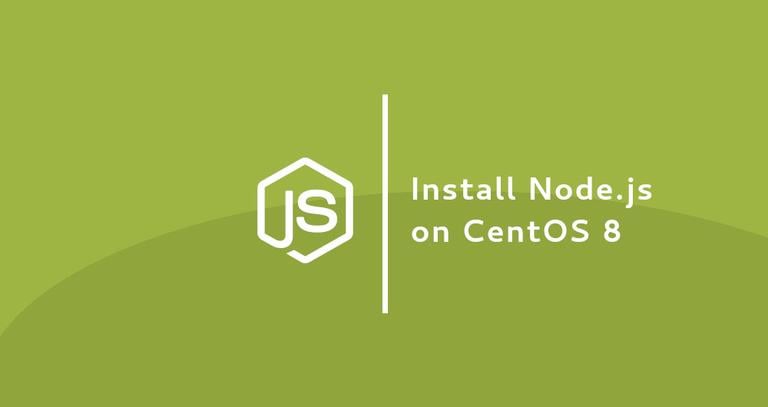

Notably, there are two methods for installing Node.js on Linux. So be sure to check the documentation for the specific version of Node.js you plan to install to ensure that your system meets the necessary requirements. It’s worth noting that the specific system requirements for Node.js can vary depending on the version you are installing, as well as any dependencies or packages you need to use. In addition to these basic requirements, you’ll also need to ensure that your system has a recent version of a web browser and a text editor for writing and editing code.

Most modern Linux distributions are supported.The system requirements for installing Node.js depend on your operating system. This makes it a popular choice for building large-scale web applications that can handle high levels of traffic and data. Node.js also has a vast library of modules and packages available through its package manager, npm, which can save developers time and effort by providing pre-built solutions for everyday tasks and functionalities.įinally, Node.js is popular for its scalability, which means it can easily handle increased traffic and workloads as an application grows. The platform achieves this by using an event-driven, non-blocking I/O model, which allows it to handle multiple requests simultaneously without blocking the thread. Secondly, Node.js can handle several concurrent connections, making it ideal for building real-time applications such as chat systems, collaborative tools, and streaming services.

This means that developers can use a single language and syntax for both client-side and server-side programming, simplifying the development process and making it more efficient. One major benefit of Node.js is that it allows developers to use JavaScript on both the front-end and back-end, which makes it easier to build and maintain web applications.

In addition, Node.js has a vast library of modules and packages available through its package manager, npm, which simplifies the development process and provides a wealth of resources for developers. It is beneficial for building real-time applications like chat systems, collaborative tools, and streaming services. Notably, this runtime environment is ideal for building scalable, high-performance applications that handle many concurrent connections. This means that developers can use the same language and syntax for client-side and server-side programming, streamlining the development process and improving productivity. It is not a popular programming language but rather an environment that uses the V8 JavaScript engine from Google Chrome to execute code on a server-side platform. Node.js is a platform that allows developers to run JavaScript code outside of a web browser.


 0 kommentar(er)
0 kommentar(er)
